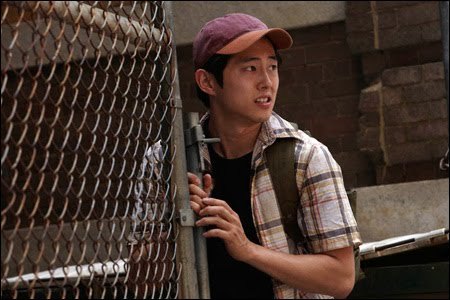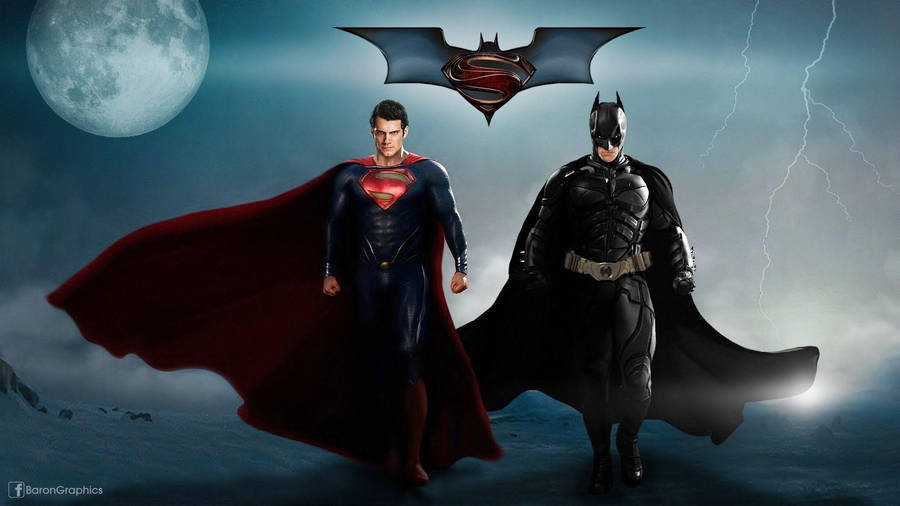The mantra of zombie-apocalypse fiction is essentially this: watch people go mental as the world goes to shit around them. And my god, we can't get enough of it these days.
Somehow, in the last 10 or so years, Zombies went from the realm of hammy horror movies to the obsession of not only geeks, but a good chunk of the young populous. The once small sub-genre of horror has now become a monster of popular culture in its own right, spawning fiction that has more or less transcended the horror parent-genre from which it came. It's even inspired some very specific and quite successful satire. So why do we love zombie apocalypses so much? Because we all reckon we could survive one.
Somehow, in the last 10 or so years, Zombies went from the realm of hammy horror movies to the obsession of not only geeks, but a good chunk of the young populous. The once small sub-genre of horror has now become a monster of popular culture in its own right, spawning fiction that has more or less transcended the horror parent-genre from which it came. It's even inspired some very specific and quite successful satire. So why do we love zombie apocalypses so much? Because we all reckon we could survive one.
It wasn't always like this. Zombies were popular pre-2000, yes - but only as much as other recurrent horror themes, like dream invasion, maimed serial killers or crazy Texans with chainsaws. The zombie movies of old, the Night of the Living Dead series being possibly the most notable, were just horror movies. And as serious as horror movies try to be, sophistication and artistic integrity has always been sacrificed for the gore factor. Zombie movies, like other horror movies, used to have a very simple task - scare people and freak them out on a basic, visceral level.
Today zombie fiction is prolific - and some of it is pretty good at that. Both the comic and television series of The Walking Dead are doing immensely well and are quite compelling. The subject matter was treated quite realistically and with much consideration in World War Z. And it's been lampooned very successfully in both quintessentially English and quintessentially American ways in Shaun of the Dead and Zombieland, respectively. Our Zombie obsession extends beyond even fiction - we have best-selling educational guides on how to survive a zombie apocalypse.
Today zombie fiction is prolific - and some of it is pretty good at that. Both the comic and television series of The Walking Dead are doing immensely well and are quite compelling. The subject matter was treated quite realistically and with much consideration in World War Z. And it's been lampooned very successfully in both quintessentially English and quintessentially American ways in Shaun of the Dead and Zombieland, respectively. Our Zombie obsession extends beyond even fiction - we have best-selling educational guides on how to survive a zombie apocalypse.
 |
| Shaun of the Dead - somewhat funnier than the Scary Movie series |
Starting at around about the time Lost came out, the popularity surrounding zombie apocalypse fiction skyrocketed immensely. Despite the fact that show itself wasn't about zombies, it did well to popularise many of the themes that we seek from zombie apocalypse fiction today. It portrayed people put in a desperate (though not impossible) situation and losing their sense of human decency as the comforts of 'civilisation' were removed. We subsequently came to love Zombie fiction for two main reasons - survivalism and psychology.
It is interesting to note that what sets Zombie fiction apart from other horror fiction is that humans are given a fighting chance. The Resident Evil franchise, 28 Days Later, I Am Legend (the Will Smith version, not the one with Moses in) and pretty much all other zombie fiction depicts humans as having a damn good fighting chance. 'Healthy' humans are portrayed as being able to defend themselves, establish stable communities and, in some cases, even fight back the horde. The same cannot be said for much other horror fiction. The Halloween and Nightmare on Elm St. series tease the audience with hope that the protagonists can survive, but they are invariably overwhelmed by a boogeyman that proves to be too powerful for them.
Zombies are slow and dumb. Their advantages lie in the fact that they only have one weak spot, are unperturbed by fatigue or exposure, and in their overwhelming numbers. They are a manageable threat, and as a literary antagonist do not have any surprises that supernatural boogeymen or overly-intelligent axe maniacs traditionally have (by virtue of vaguely defined abilities). We seem to have zombies figured out, and for that reason, given a little bit of common sense, we believe we would survive in the face of the apocalypse. Pack camping gear, grab a melee weapon, avoid drawing attention, and, in the face of danger, go for the brains.
The seemingly widespread nature of this zombie survival knowledge adds an extra layer of enjoyment when flexing our 'well I could do better than that' reflex. When we read action based fiction, we realise the protagonists are probably more prepared than we are for the situations they get into. When we get into Drama shows, we acknowledge that human emotion is rather complex and that we don't have full control over how we might react to a given scenario. But Zombies? The pack from Shaun of the Dead should have picked a more fortifiable position than the local pub. Rick from The Walking Dead should have probably should have realised that Shane was a massive prick a long time before he actually did. And in the same series, the character of Glenn seems to be an homage to us, the well-informed zombie pop culture consumer. In a rather meta-fictional way, he's got a knack for avoiding zombies for no other reason than he is a massive geek.
 |
| Glenn from The Walking Dead - 'What'd you do before all of this?' 'Delivered Pizzas'. |
We have become fascinated with the idea of human behavior under dire straits. Recent times and increasing existentialism has made us really want to examine the idea of humanity and human decency. Do we sacrifice our moral codes for the sake of survival? Is human decency and basic consideration other people just artificial constructs of our society, or should we live by these moral codes, even in the face of the end of the world? Do we euthanise the bitten infected little girl who's about to turn? What about when we start running low on food? Do we kill people, leave them behind so that we can make it to the next town?
These questions have popularised the standard profile for the protoganists of survival fiction. He (or she) is invariably a strongly moral person who is forced to question whether or not he is meeting the bottom line for survival, or whether or not he is being brutal enough to protect the group he is leading. And they are a character who sometimes does abandon his morals. Despite the mistakes of the protagonist, good invariably wins out (except in some rare cases).
For this reason we derive some sort of hope from it. We get a payoff as an emotionally invested audience that human beings aren't just animals at the end of the day. When it all goes bad, we can be like the hero, we can defend humanity in the face of brutality. We like to believe so, anyway.
 |
| Jack of Lost - the protagonist mould into which Rick Grimes from The Walking Dead and Shuan from Shuan of the Dead are cast. |
Given global warming, the impending energy crisis, recent economic disasters, increased awareness of ongoing global conflict and the end of the world slated for 2012, we can't help but be pre-occupied thinking about what would happen if an apocalypse came to pass. And as cynical as our parents claim us to be, we still want to believe that we could survive, and uphold human decency in the process. Zombies give us a well defined scenario that we can prepare for. We like it because at the end of the day, if a Zombie apocalypse happens (and by some stroke of luck it happens exactly in the manner in which we're expecting), you can be damn sure that we'll survive, shotgun and shovel in hand.






